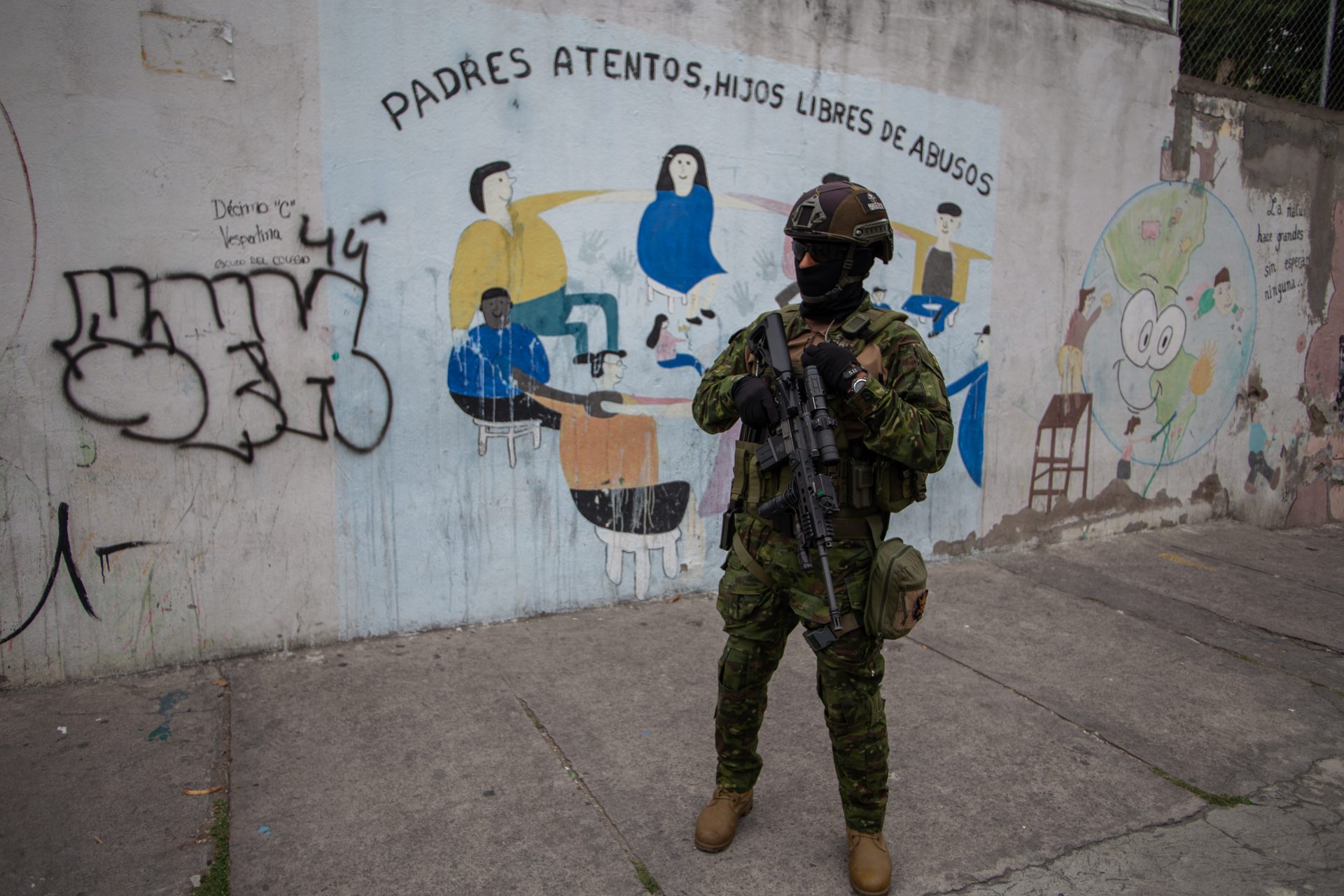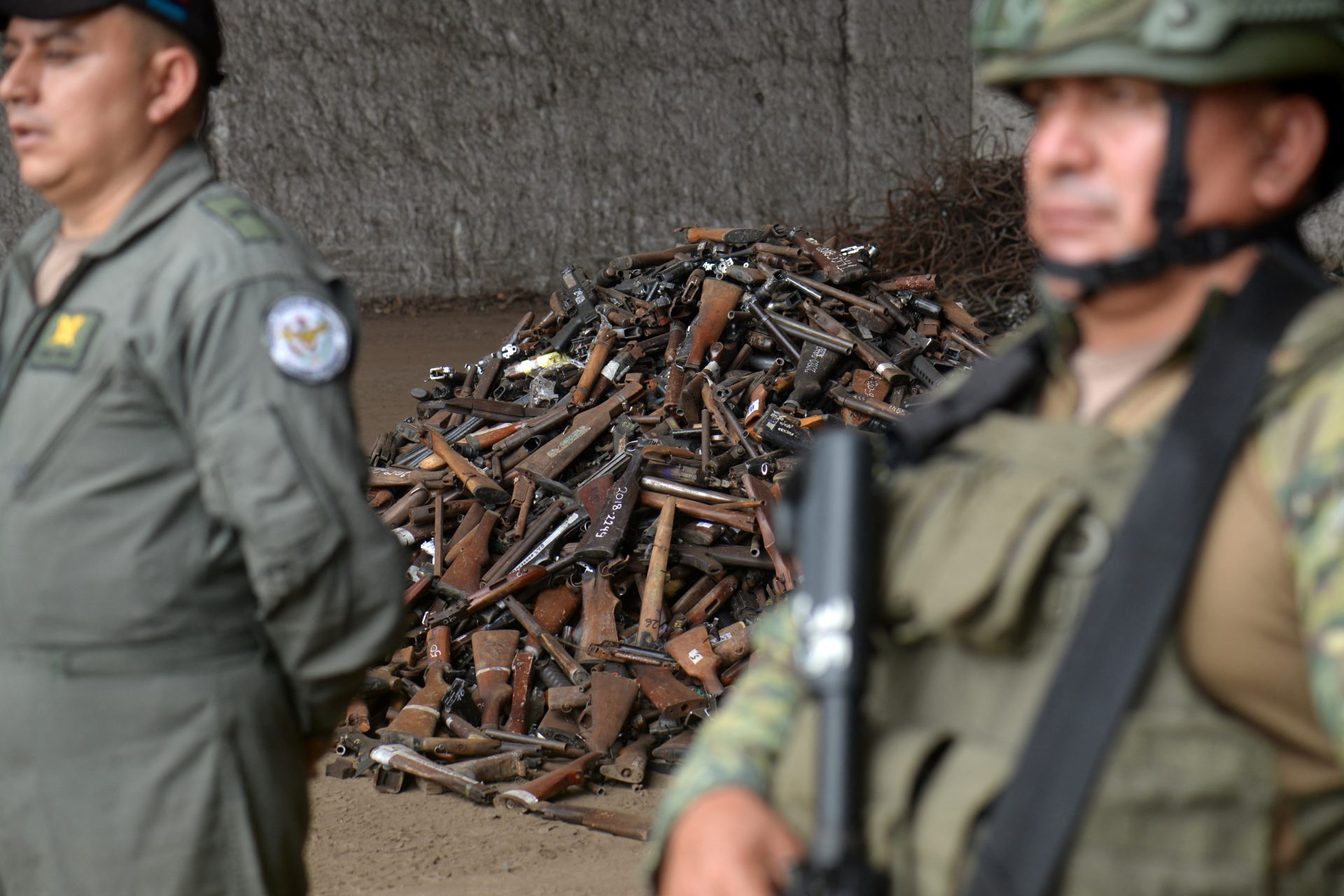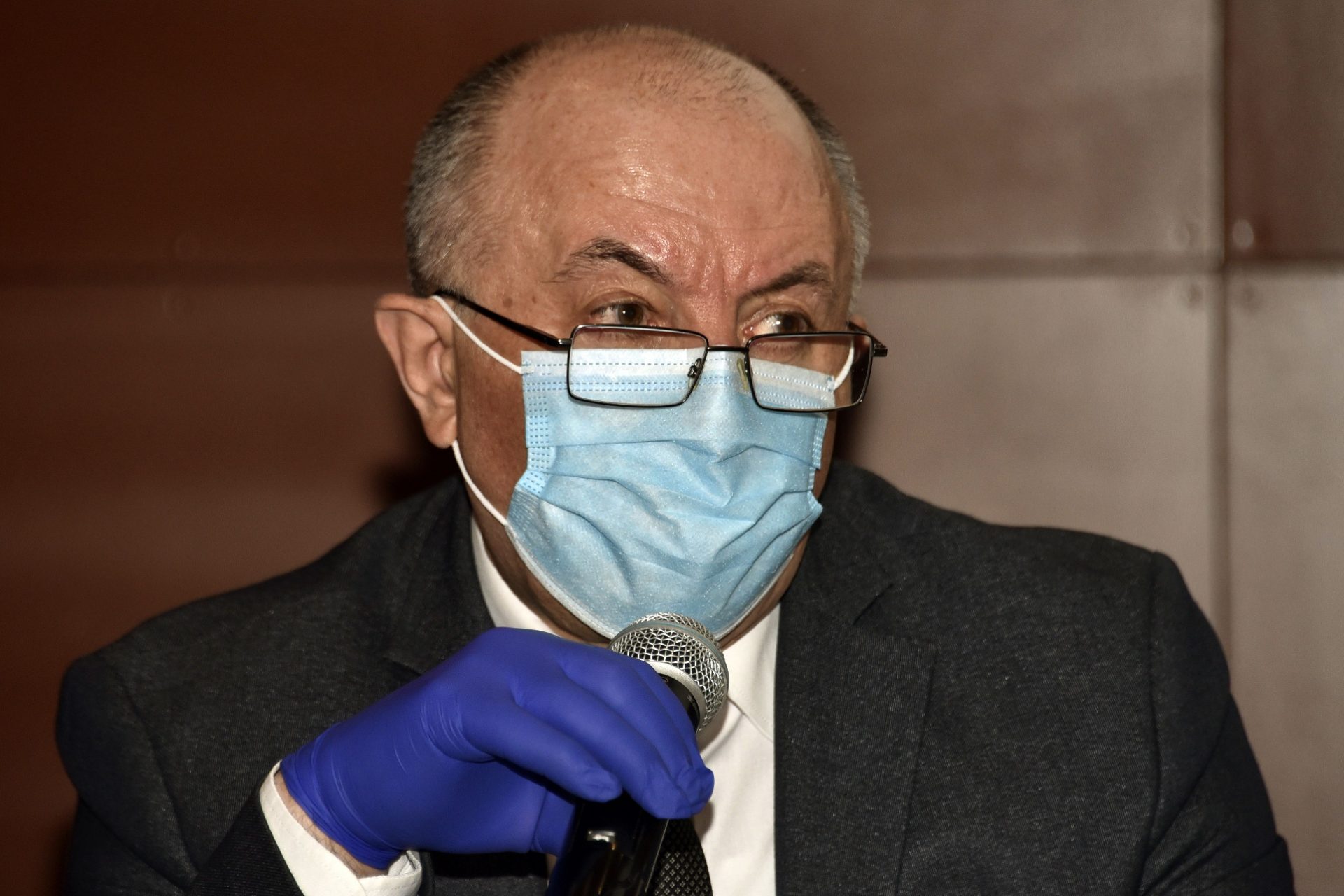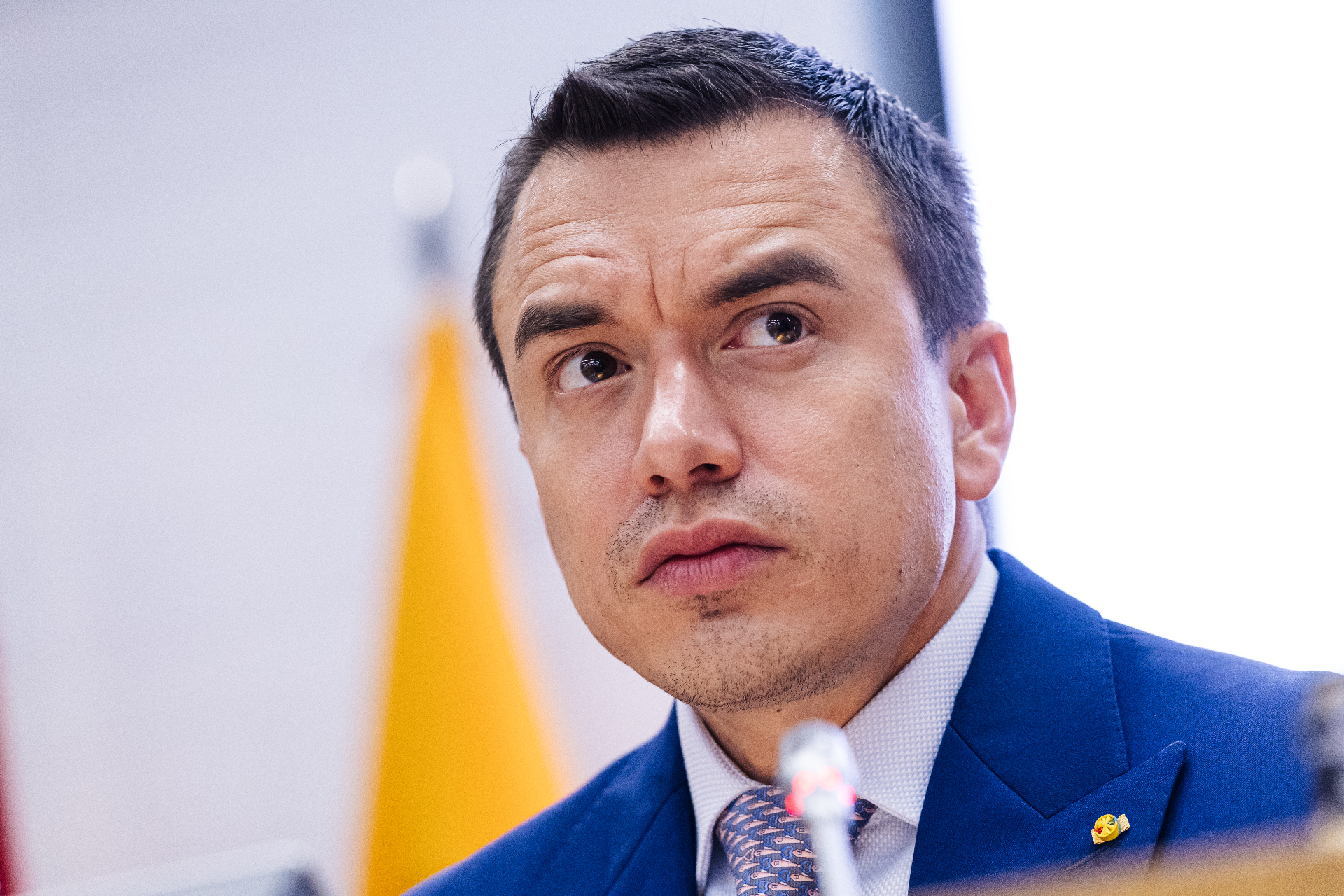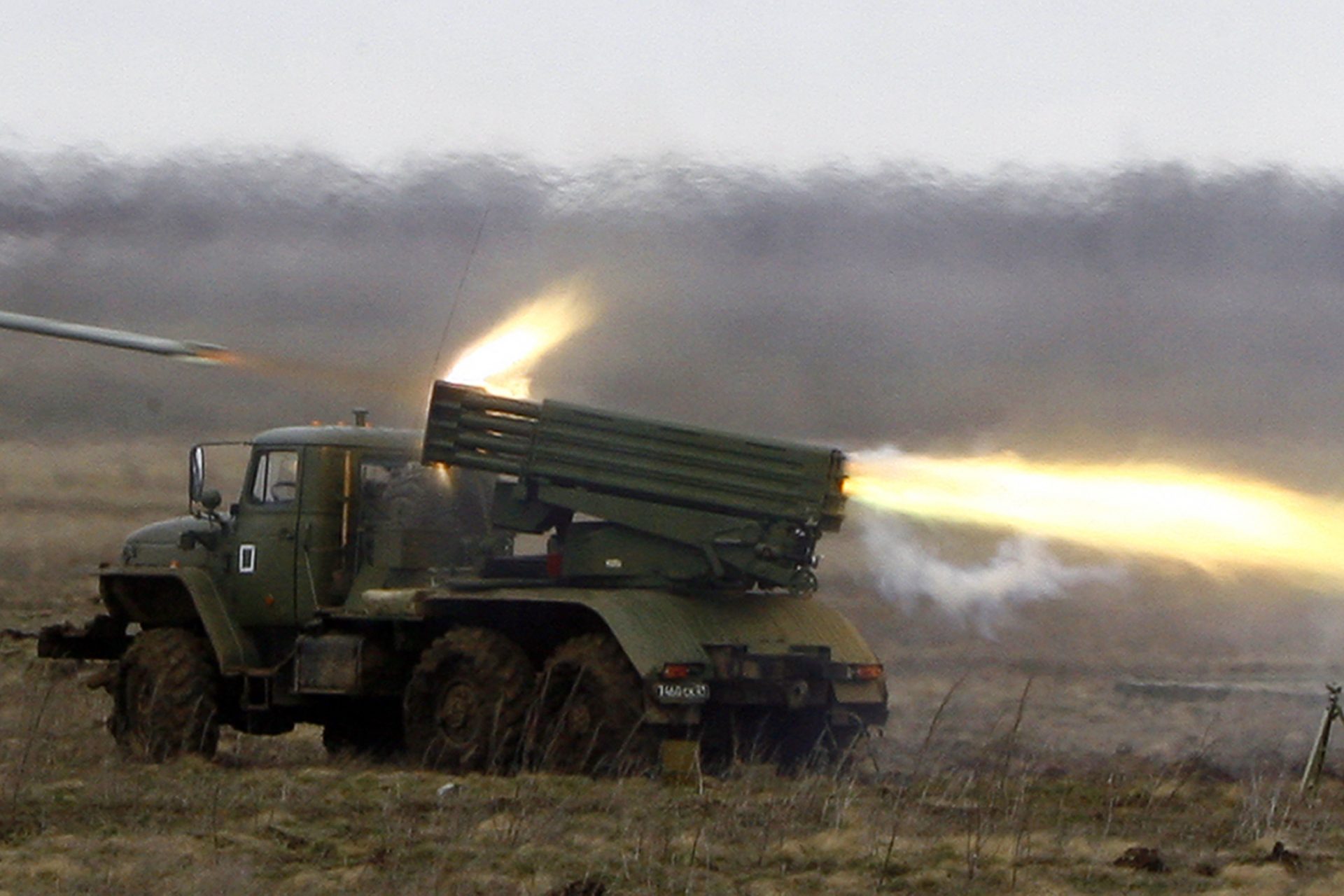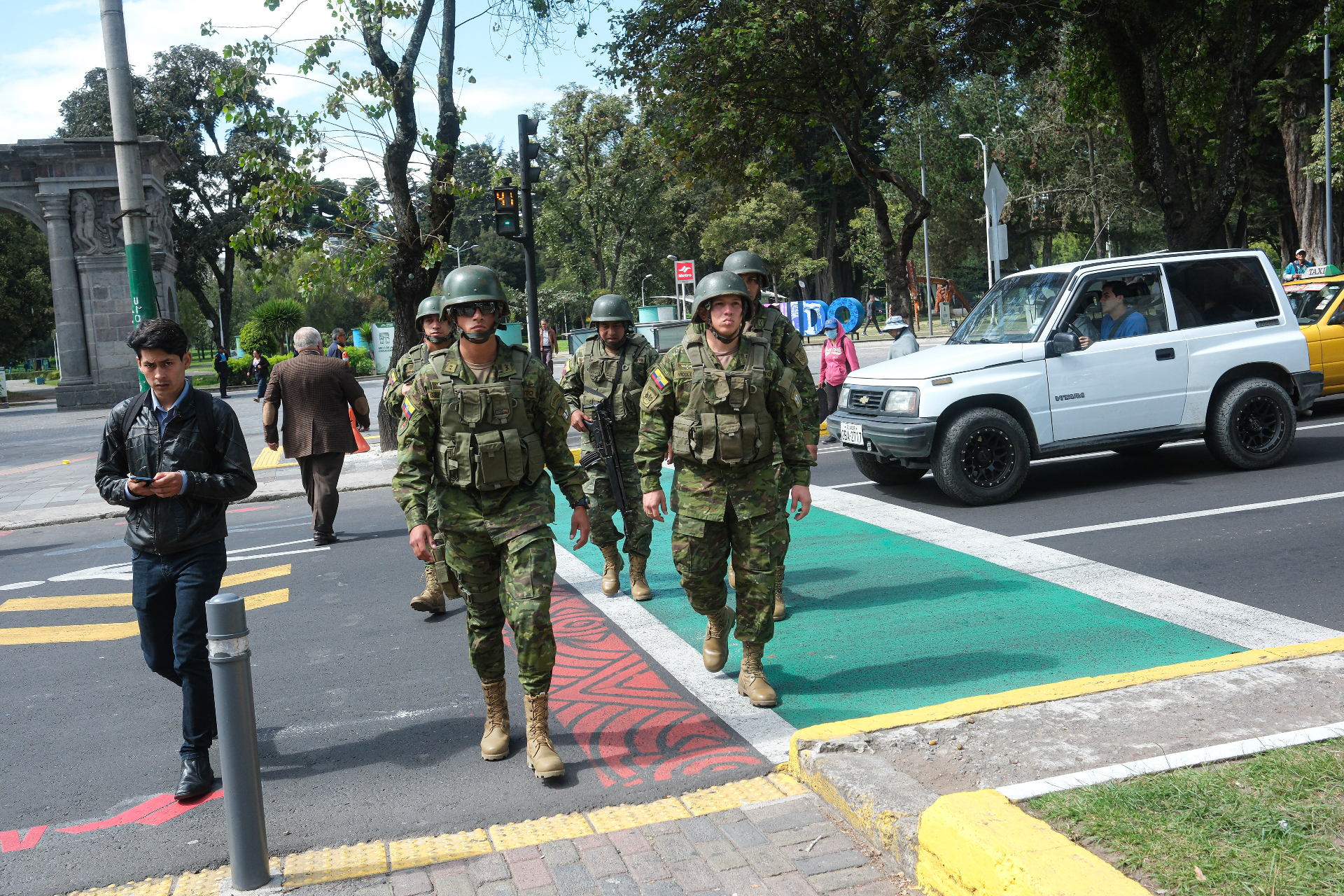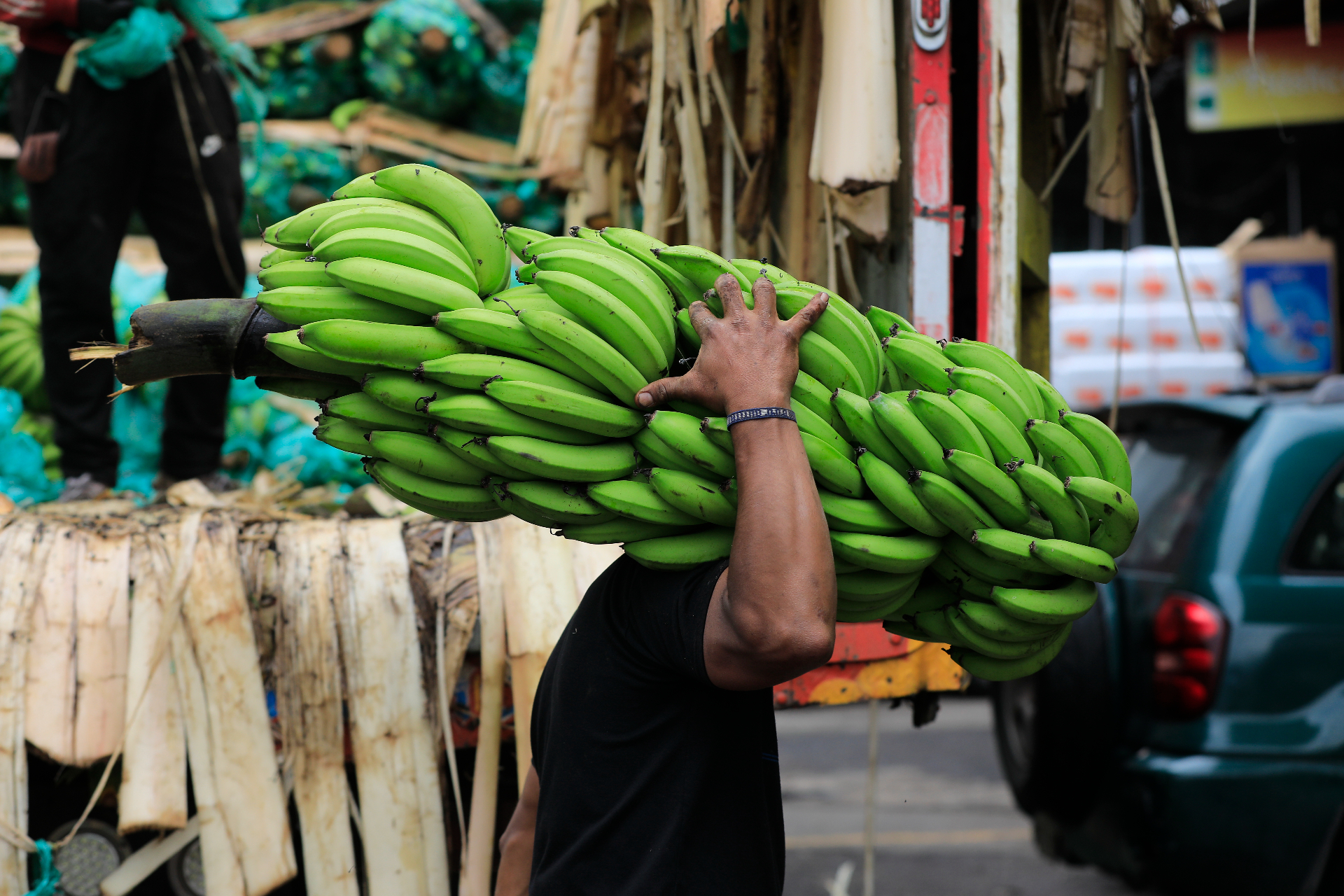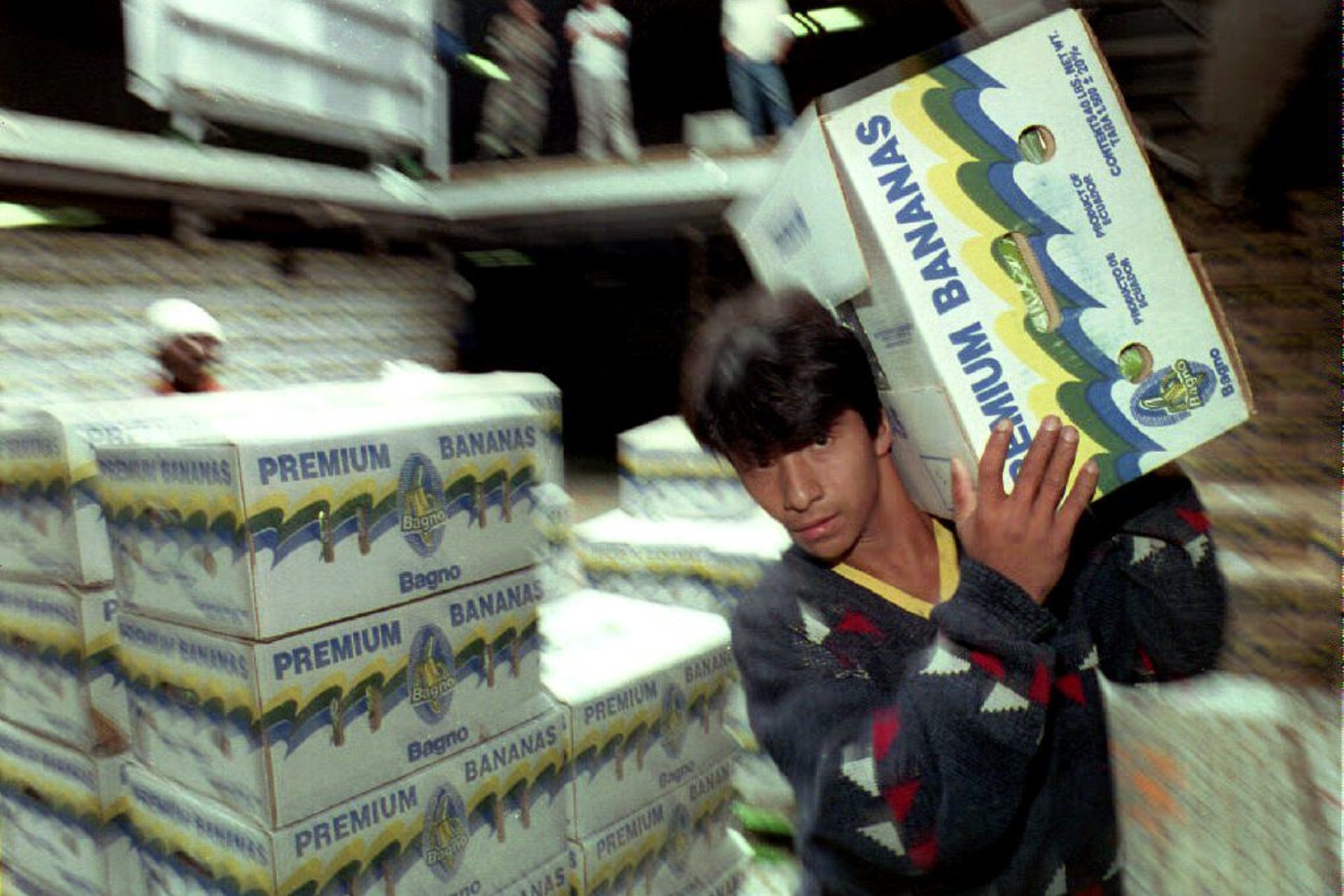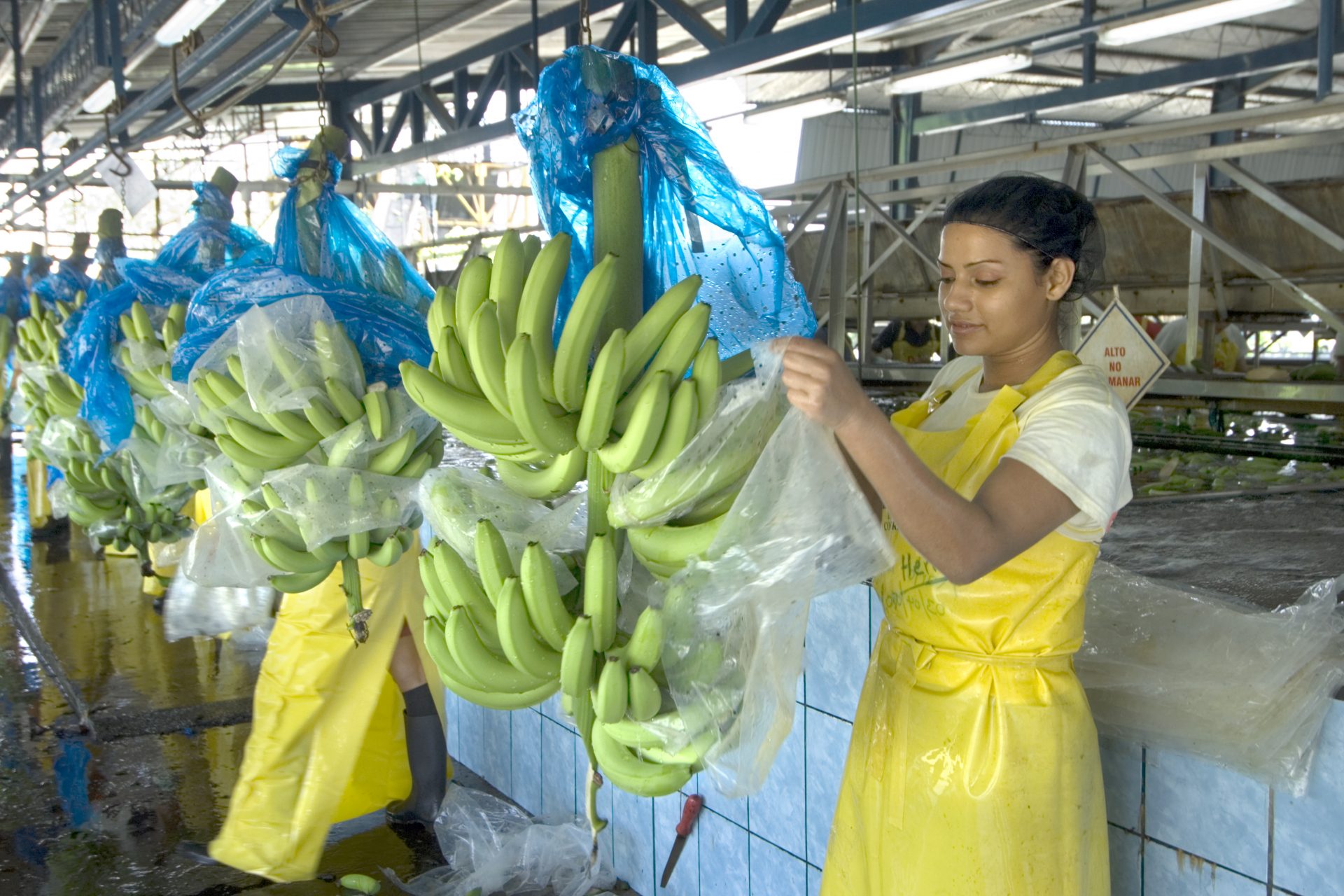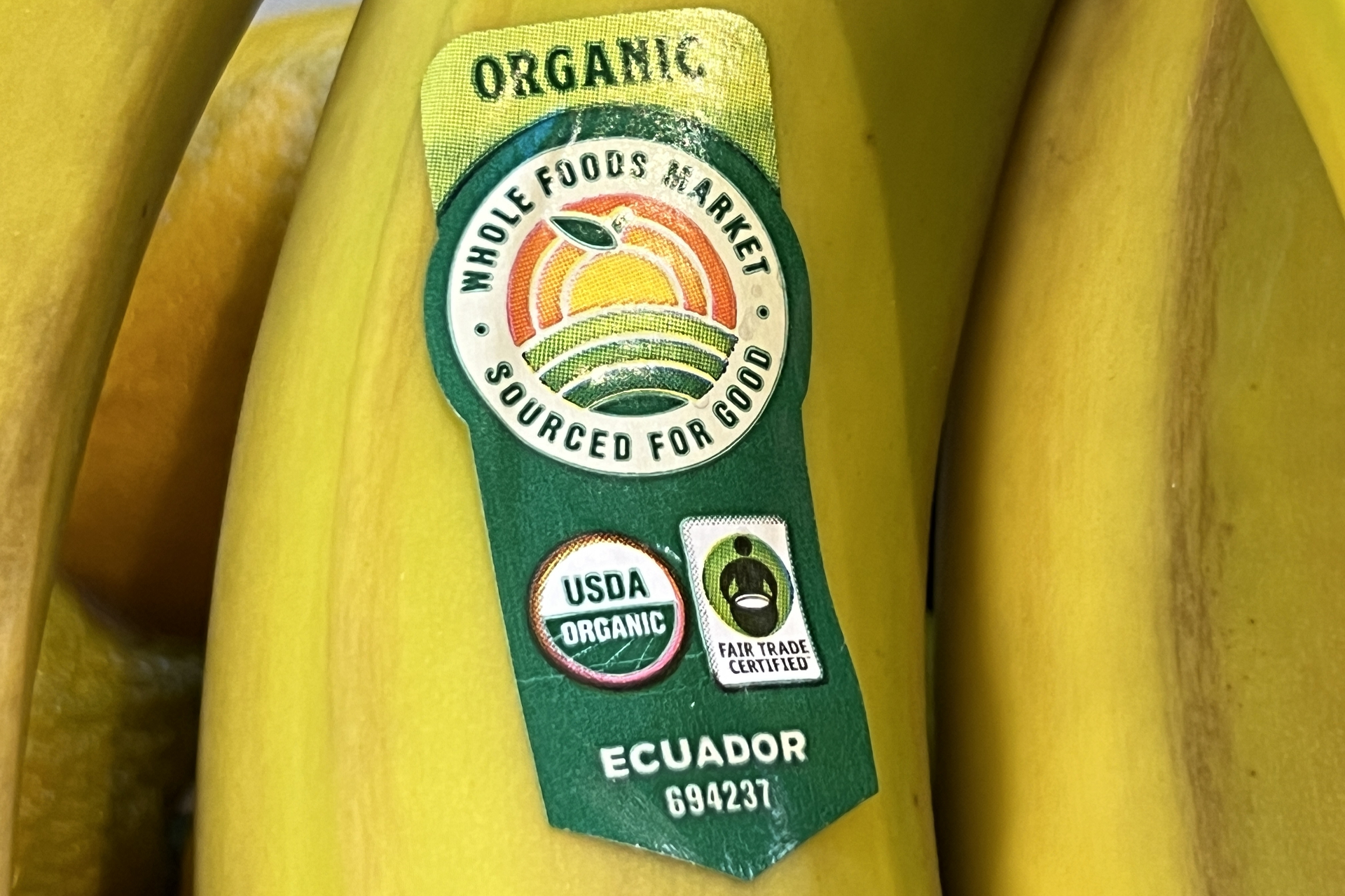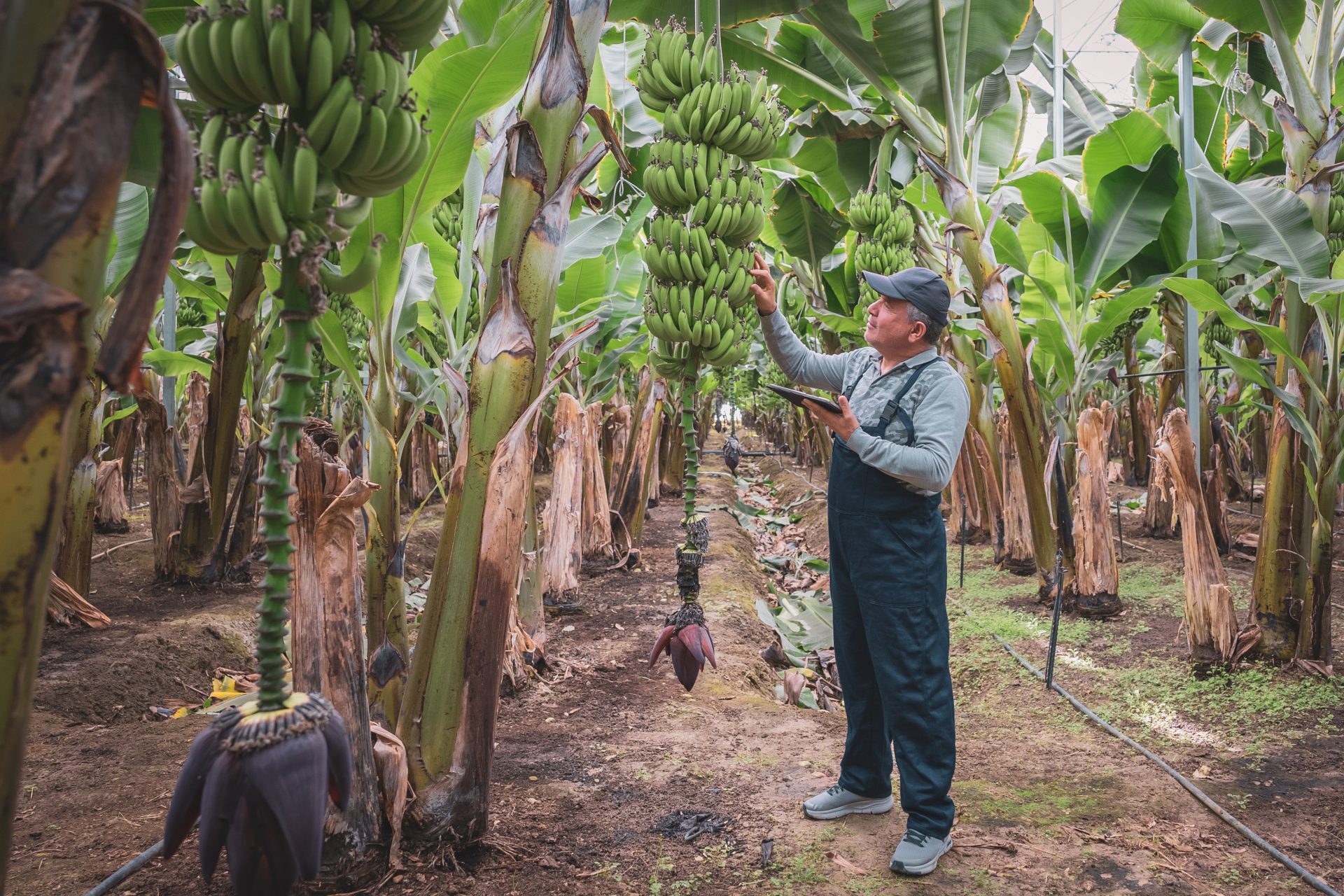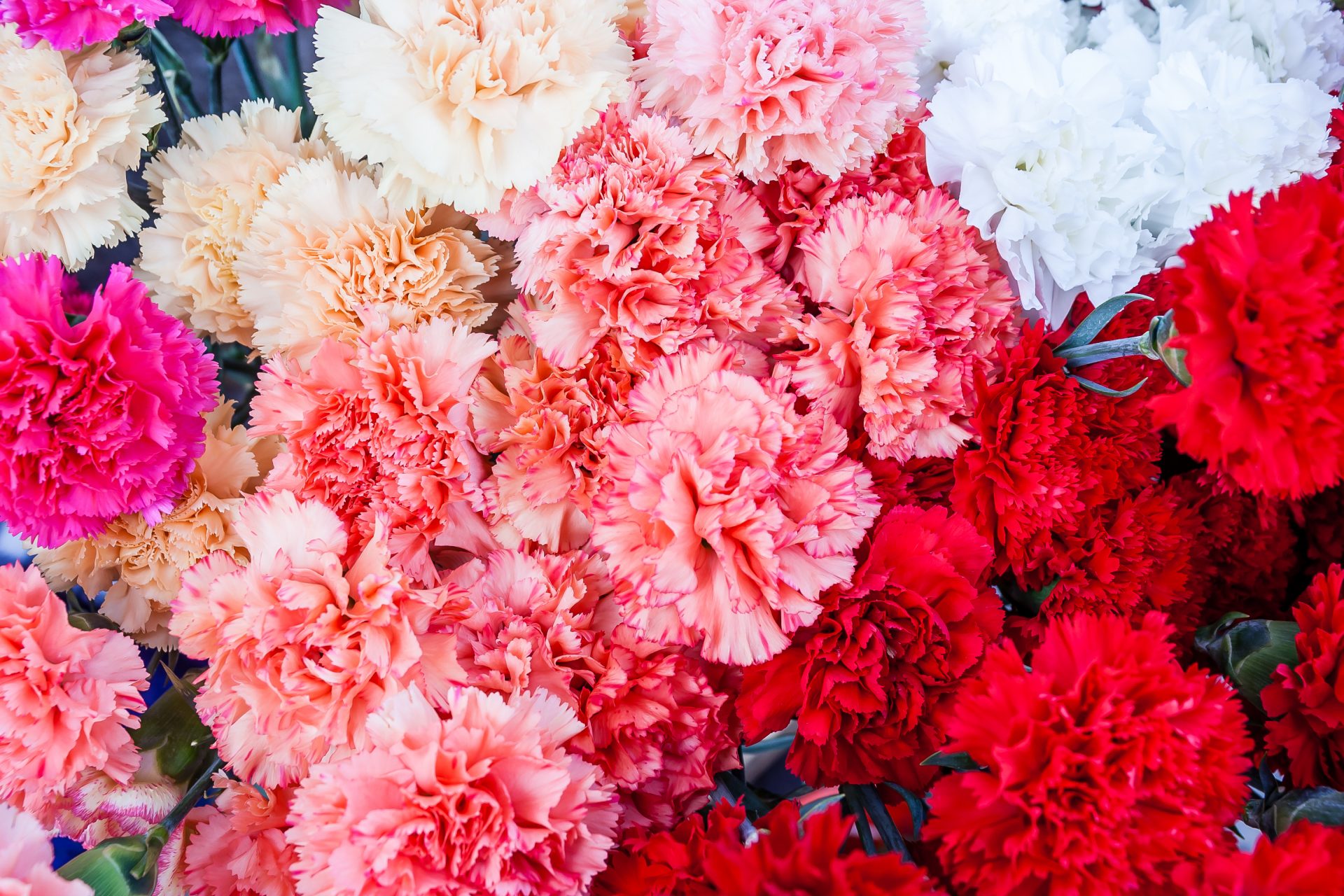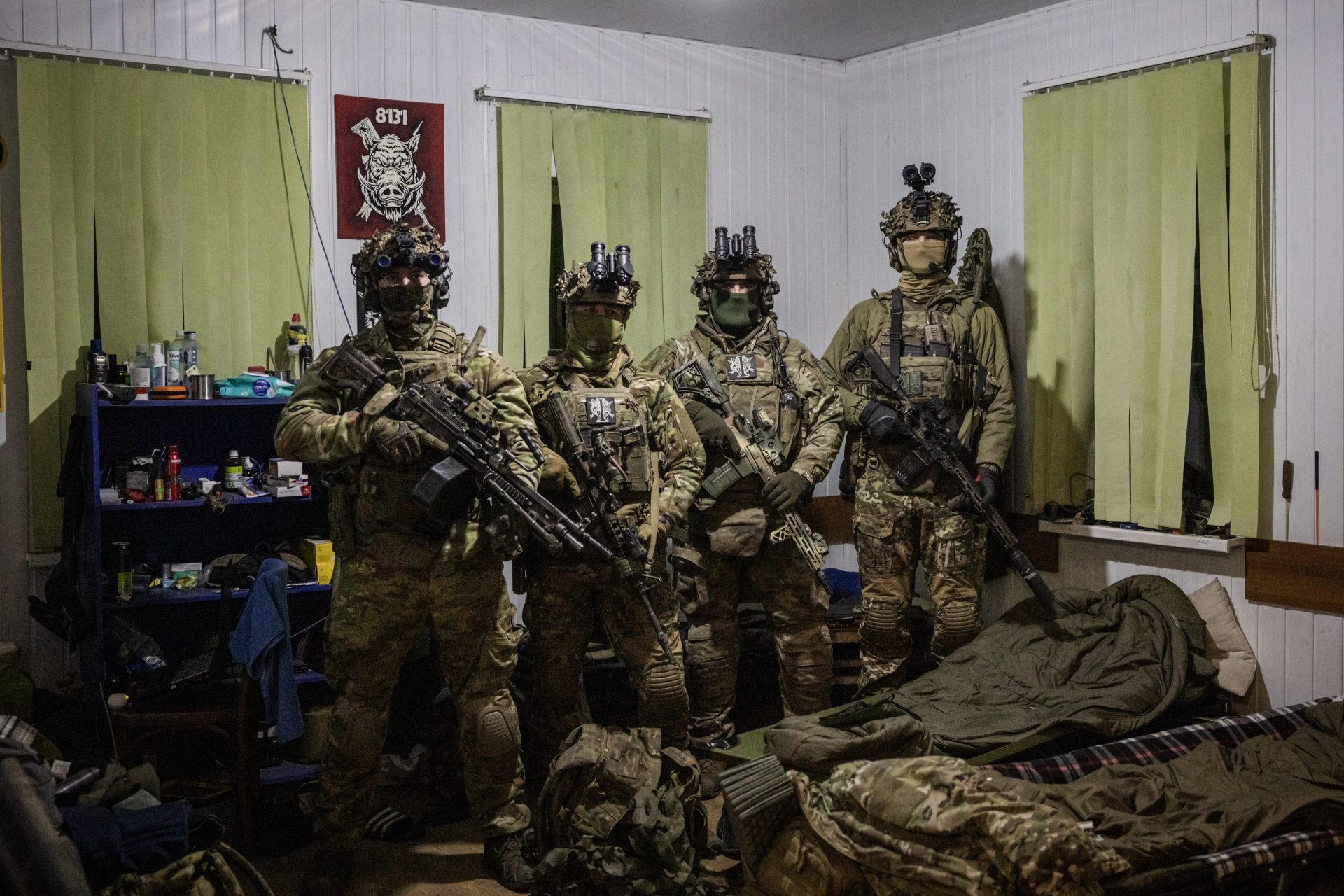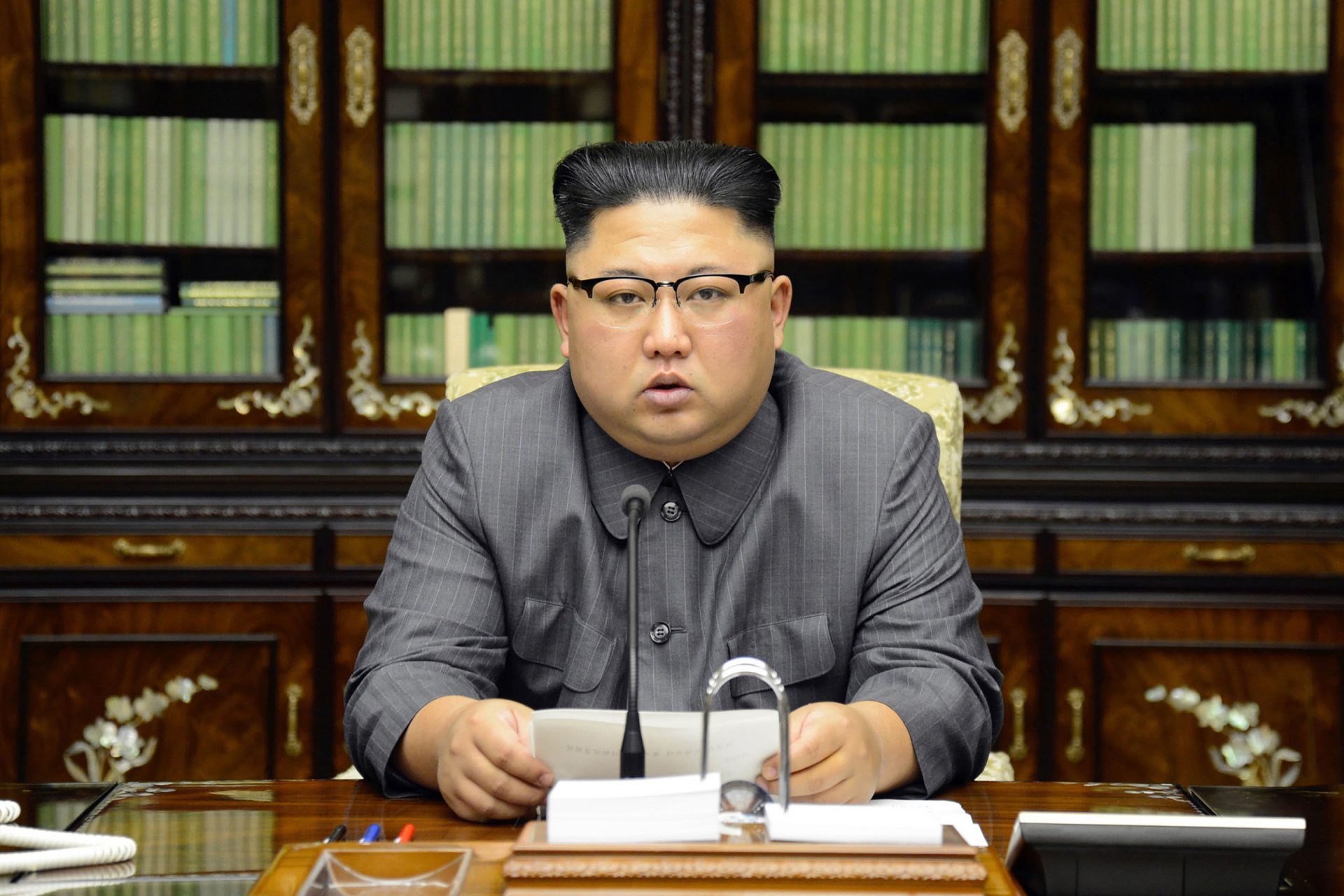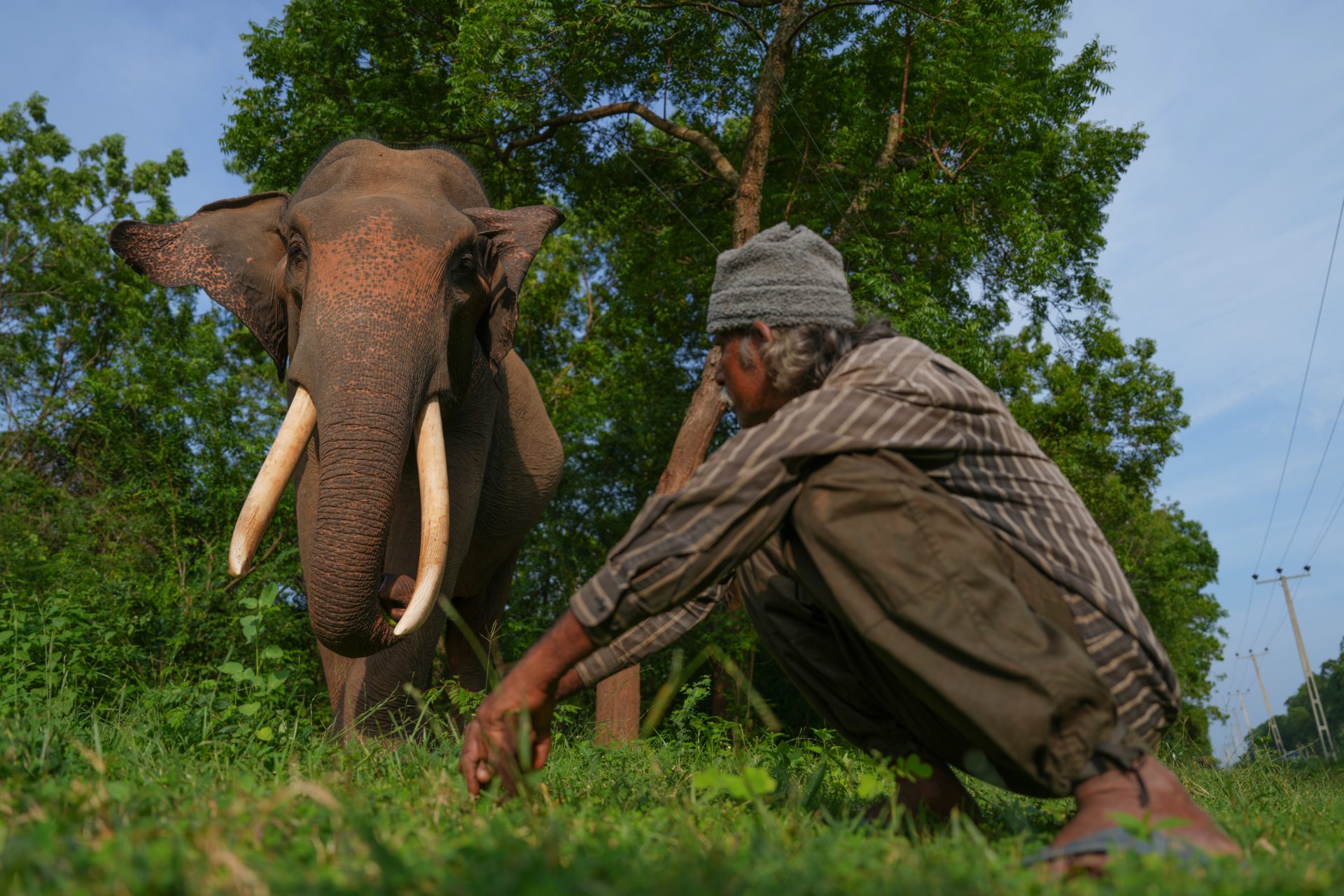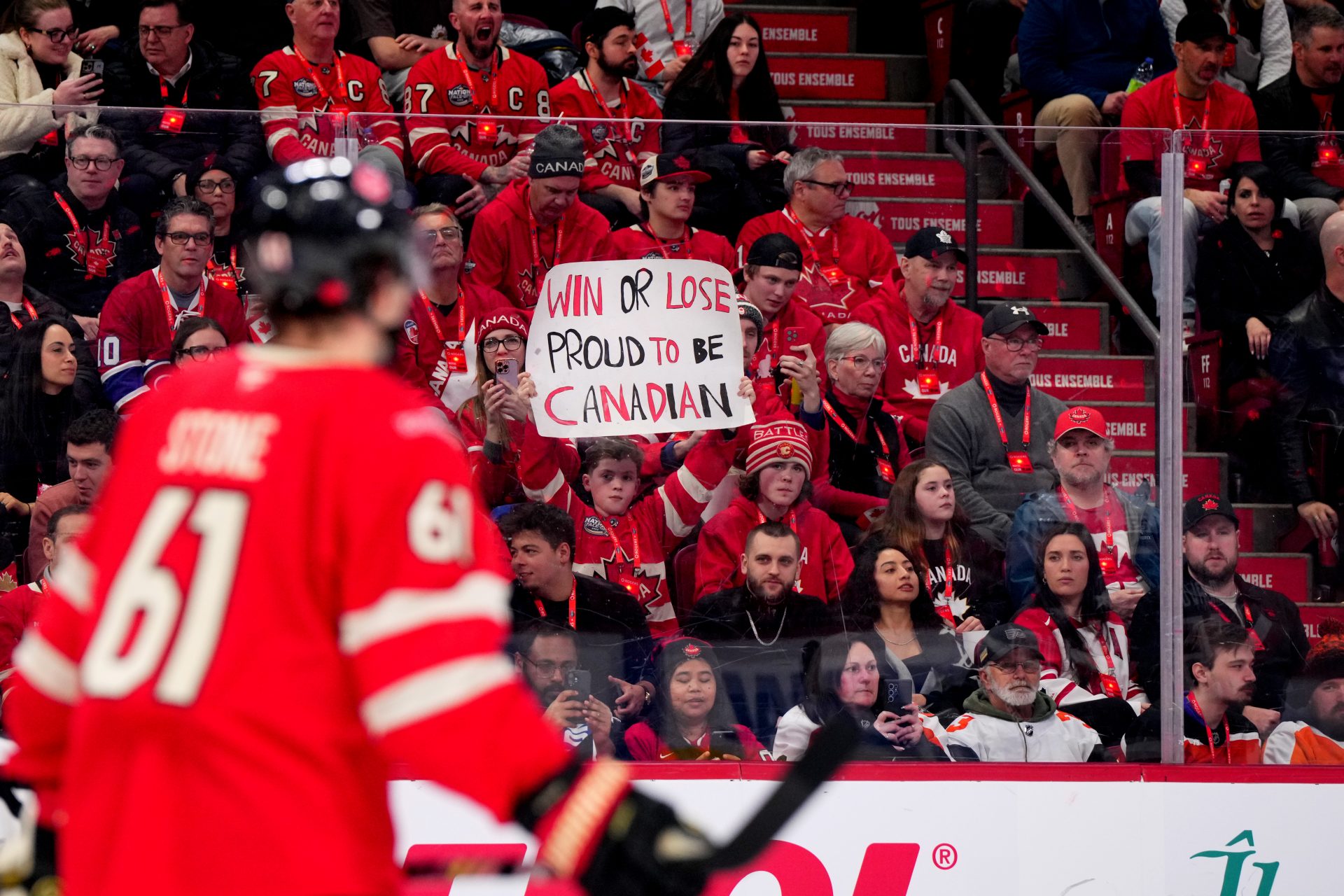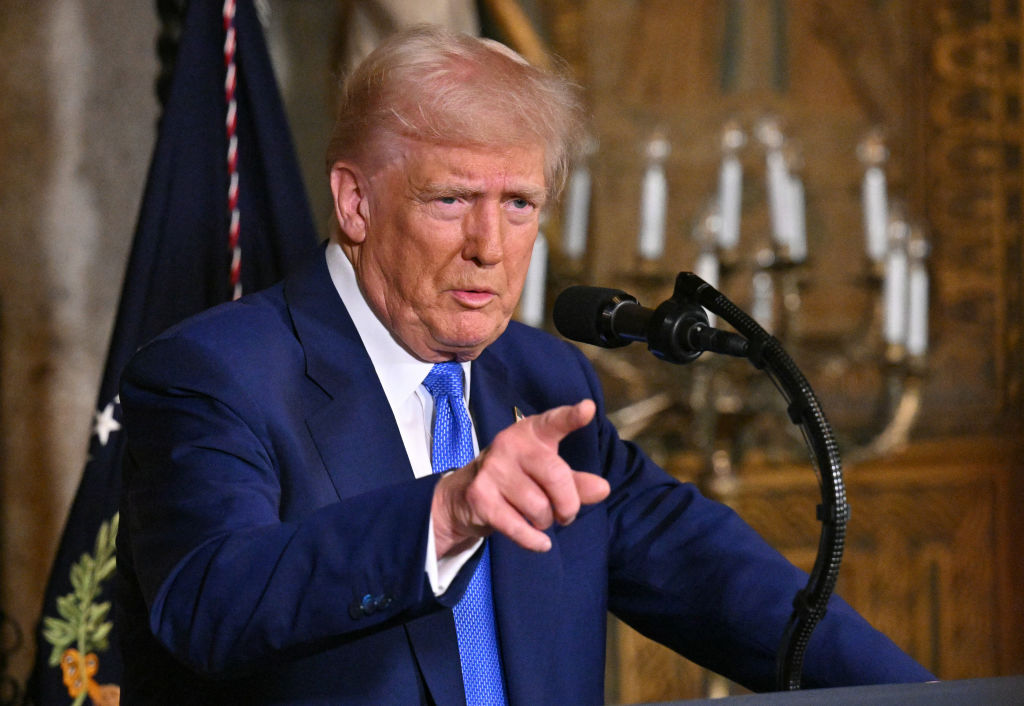Helping the United States cost one nation more than it expected
Ecuador made a deal back in January 2024 with the United States and it has cost the country dearly. Ecuador agreed to turn its old soviet-era military weapons the the US and in turn the Americans would supply Ecuador with new weapons.
However, the Ecuadorian politicians never imagined that this swap would ignite a conflict that would end up costing them far more than they bargained for.
The Russian ambassador to Ecuador, Vladimir Sprinchan, reacted immediately, warning the country that the Kremlin would perceive the exchange as "an unfriendly step."
Maria Zakharova, the Russian foreign ministry's spokeswoman, explained to state media the weapons' contracts prohibit their transfer to a third country.
Still, the president of Ecuador, Daniel Noboa, claimed Ecuador verified they were sending the US only "scrap metal" from the weapons in an interview cited by El País. The distinction places the material in a grey area.
Ecuador did not specify the weapons from which the "scrap metal" came. Still, a report by the International Institute for Strategic Studies, collected by El País, claims Quito has BM-21 Grad multiple rocket launchers, Mi-8 and Mi-17 helicopters, and Strela-2 and Igla man-portable air defense systems.
According to Reuters, The US offered $200 million worth of new weapons and said they would send the "scraps" to Ukraine to aid in the war.
The White House has encouraged countries that own old USSR weapons to send them back to Ukraine, as some originated from there. The material is widespread in Latin American arsenals.
The American declarations only added to the conflict, as the Russian ambassador in Ecuador claimed the country didn't need to make such a deal in declarations collected by Reuters.
Many Ecuadorians could argue the opposite as the South American country faces an internal war against drug-trafficking gangs after years of skyrocketing violence growth.
The feud became a trade war in February when Russia restricted some Ecuadorian banana and carnation imports. It also announced an increase in banana shipping from India.
The restrictions could profoundly affect Ecuador: according to the newspaper El País, Moscow accounted for one-fifth of its banana exports last year.
According to Reuters, Russia justified the restrictions, claiming it detected pests in the products of five large Ecuadorian banana exporters and some flower exports.
Reuters reported that Ecuador's food safety agency said only 0.3% of banana shipments to Russia contained insects and didn't pose a risk.
According to El País, the timeline of Indian banana imports shows that Russia made the deal before detecting the alleged pest. The newspaper says the first batch arrived in January.
El País said Russia made the deal to avoid potential shortages and price raises before cutting Ecuadorian banana imports. Still, Bloomberg claims they came anyway.
Moscow also stopped imports of Ecuadorian carnations ahead of Valentine's Day and asked the European Union, a much larger market for the South American product, to do the same.
However, according to local media, the Ecuadorian Flower Exporters Association said exports grew ahead of Valentine's Day and were 10% larger than in 2023.
More for you
Top Stories



